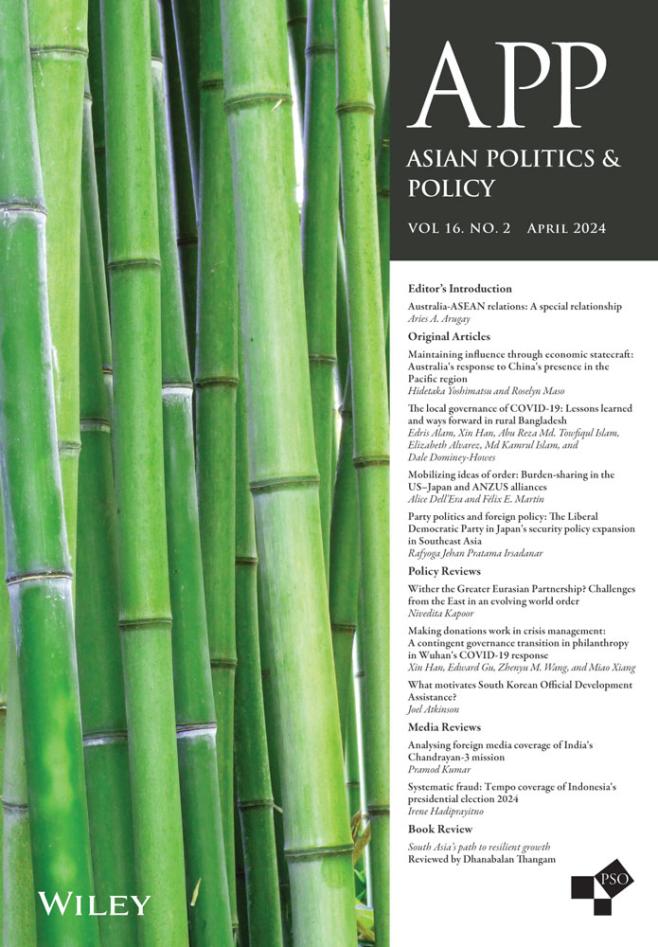What explains the growth of the NGO sector in China?
In a paper recently published in Asian Politics & Policy, Esther Song explains the evolution of NGO policies in China by drawing attention to central-level directives and the variegated origins of non-governmental organizations in China. The key is the adaptiveness of the party-state.
Main content
Why has the number of nongovernmental organizations (NGOs) in China grown so rapidly in recent decades? While previous research has often focused on the strategic relationships between NGOs and local governments, this article suggests that the central government has played a crucial role in this expansion. Over time, the central state has actively promoted various types of NGOs. This trend has become particularly evident under President Xi Jinping, whose administration has taken a more hands-on approach to fostering a service-oriented third sector. As a result, there has been a surprising increase in the institutional space available for NGOs, especially those focused on social services, despite China's authoritarian regime. This article uses theories of institutional change to explain how the central government has progressively created more room for NGOs to operate.
